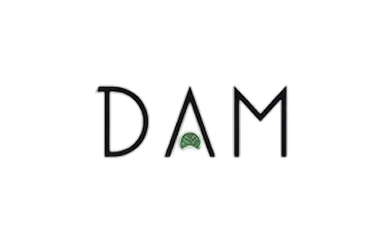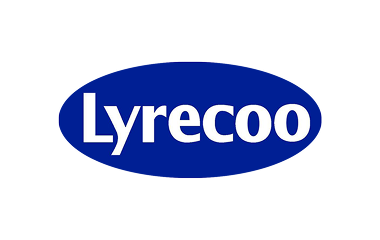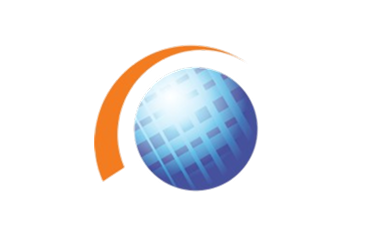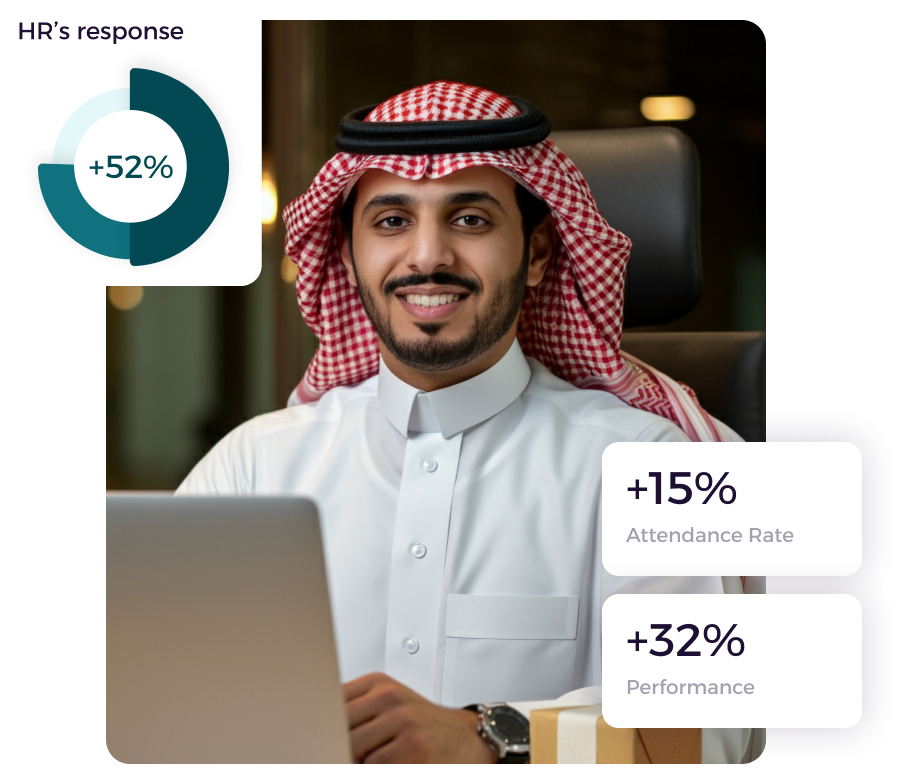Talento for Professional Services Scalable, Agile Solutions Designed for Efficiency
Human Capital Management System, That Meets All Your Needs, No Matter Your Field of Work:
Consulting, Accounting, Law, Engineering, Marketing, IT, Design & Creativity, Training & Development, and more.

Discover Who Trusts Talento



.png)




.png)

.png)
.png)
.png)
.png)

.png)
.png)
.png)
.png)


69% of HR managers say they waste time on daily tasks that can be automatically done, Talento changes this
Instant Reporting and Analytics
Optimize resource allocation through data and support timely decision-making with accurate, real-time analytics, powered by Talento.

Compliance and Policy Documentation
Need a strong internal structure? With Talento, you can:
- Document policies clearly
- Ensure compliance with professional laws and regulations

Efficient Talent Management
Professional services rely on human competencies, and Talento’s system supports you by enabling:
- Smart hiring based on skills
- Performance tracking and professional development
- Development of training plans to enhance skills

Frequently Asked Questions
What are professional services, and why do they require a different approach to management?
Why do professional services firms need a dedicated HR system?
In a project-driven, highly specialized sector, a tailored HR management system (HRMS) becomes essential to:
- Handle project-based and temporary contracts.
- Manage multi-disciplinary teams (consultants, engineers, accountants, etc.).
- Track tasks and link them directly to projects and clients.
- Support both full-time and part-time staff efficiently.
What are the main HR challenges in professional services?
Some of the most pressing challenges include:
- Managing a wide range of contracts (full-time, part-time, project-based).
- Accurately tracking billable hours tied to clients or projects.
- Measuring performance based on outcomes rather than attendance.
- High talent turnover due to intense competition for skilled professionals.
- The constant need for training to maintain professional certifications and quality standards.
These challenges highlight the need for a specialized HR system to streamline operations and reduce risks.
How can Talento help professional service firms streamline operations?
Talento centralizes HR, payroll, and project tracking — so your team spends less time on admin, and more time delivering results.
Is Talento suitable for remote or hybrid teams?
Yes. Talento is built for flexible, distributed teams.
Whether your consultants work on-site, remotely, or across time zones, Talento keeps everyone connected and aligned.
Can we customize workflows based on our services or team structure?
Absolutely.
Talento is designed to scale and adapt — from small boutique agencies to large consulting firms. Customize workflows, roles, and reporting to match your business model.
How does Talento help improve team utilization and project visibility?
With real-time data on who's working, on what, and for how long.
Talento gives managers the insight to allocate resources better, avoid burnout, and boost billable hours.
Can Talento handle both full-time employees and freelance contractors?
Yes — and it was built for exactly that.
Manage contracts, time tracking, payments, and documentation for all types of workers in one place.
How does an HR system improve recruitment for professional services firms?
Hiring in this sector goes beyond filling vacancies—it’s about matching highly specialized skills with client needs. A robust HR system enables firms to:
- Streamline CV screening and applicant tracking.
- Use skill-based and certification-specific evaluation criteria.
- Automate interview and assessment workflows.
- Instantly generate contracts from approved hires.
- This reduces administrative effort and accelerates the process of securing the right talent.
How does an HR system support contract and workforce flexibility?
In professional services, roles vary widely—from external consultants on short projects to permanent staff members. An HR system helps by:
- Providing customizable contract templates.
- Linking working hours and billing terms to each contract type.
- Tracking contract expirations, renewals, and terminations.
- Ensuring compliance with local labor laws across markets.
- This flexibility minimizes legal and financial risks while giving HR teams full visibility of the workforce.
How does an HR system enhance performance and productivity management?
Performance management in professional services is directly tied to client satisfaction and project outcomes. With the right system, firms can:
- Set clear, project-based goals for professionals.
- Monitor progress via real-time dashboards.
- Collect feedback from both internal and external clients.
- Align performance with rewards, promotions, or training opportunities.
- This builds a culture of accountability and excellence beyond basic job compliance.
Why is time tracking so critical in professional services?
Time is the most valuable currency in this industry. Every billable hour counts. An HR system ensures:
- Digital time logs tied directly to projects.
- Detailed reports separating billable from non-billable hours.
- Integration of timesheets with payroll and client invoices.
- Alerts when projects exceed allocated time.
- This precision safeguards revenue and prevents disputes with clients.
How does the system support compliance and professional standards?
Compliance is vital in industries like accounting, law, and consulting. An HRMS helps by:
- Storing employee records and professional licenses.
- Monitoring certification renewals and mandatory training.
- Enforcing internal policies aligned with local laws and global standards.
- Generating audit-ready reports for regulators.
- This reduces the risk of penalties or lost licenses due to administrative gaps.
How does the system adapt to flexible and hybrid work models?
Remote and hybrid work are now the norm in professional services. A modern HRMS enables firms to:
- Track attendance digitally without physical presence.
- Manage flexible schedules linked to outcomes, not hours.
- Streamline team collaboration with integrated platforms.
- Provide employees with self-service access from anywhere.
- This increases employee satisfaction and helps firms attract top talent seeking flexibility.
What are the strategic benefits of using HR technology in professional services?
Beyond daily operations, the strategic advantages include:
- Boosting efficiency and reducing overhead costs.
- Improving the employee experience to retain top talent.
- Enabling data-driven decision-making for leadership.
- Strengthening competitiveness through faster, higher-quality service delivery.
- Creating a transparent, performance-oriented culture.
What challenges might arise in implementing an HR system—and how to overcome them?
Potential challenges include resistance to change, upfront costs, and integration with existing systems. These can be addressed by:
- Educating employees through workshops and training.
- Choosing a solution tailored to the company’s size and budget.
- Ensuring smooth integration with tools like accounting or project management software.
With proper planning, the system shifts from being an administrative burden to a long-term strategic investment.














